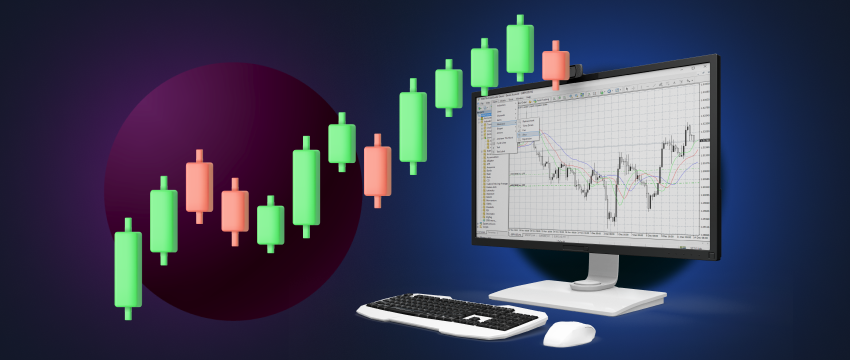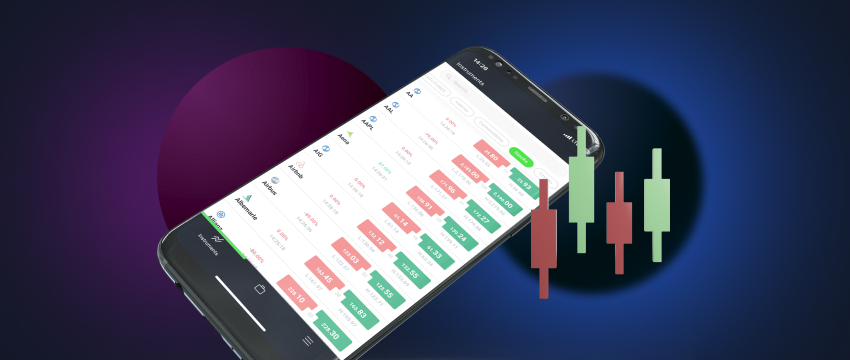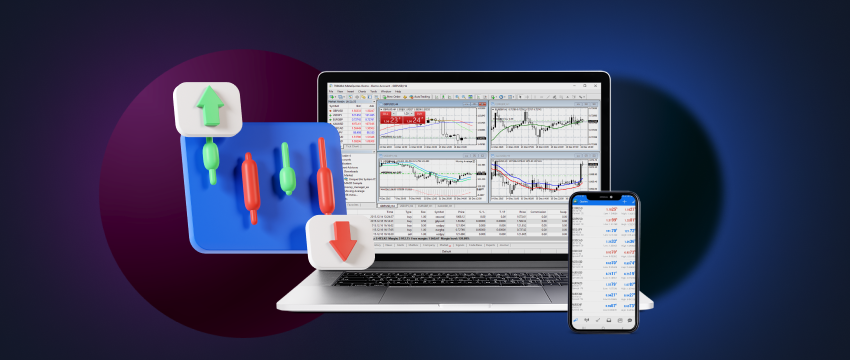The stock market consists of varied stocks that can be bought or sold on different exchanges. Making the right investment as far as what stocks to trade is key, regardless of expertise. Let’s explore this topic in a little more depth.
More on stocks
Stocks are securities that give shareholders ownership interest in a public company. Companies issue stocks for various reasons, be this to raise capital or fund expansion. Investors who speculate the company will prosper in the future will typically make the decision to purchase those stocks.
This usually entitles the stockholder (investor) to a share in the profits of the company which is usually provided by way of dividend distribution or through an increase in the value of the stocks. Adversely, should the company perform poorly and suffer losses in a given year, so too will the stockholder in terms of stock (portfolio) value.

Classes of shares
A company may issue different classes of shares (stock) that come with their own levels of voting rights, dividend payouts, etc. For example, a company may create two classes of shares, namely Class A and Class B, with each class giving its holders specific voting rights. A company may do this to maintain control and to reduce the risk of a potential takeover.
One such example of this type of share structure is at Google. Alphabet, Google’s parent company, has two listed share classes:
- Class A shares, also known as common stock, with the ticker symbol GOOGL. These shares have a one-share, one-vote structure. This class of shares was created when Google went public in 2004.
- Class C shares, again representing common stock, with the ticker symbol GOOG, have no voting rights whatsoever. This class of shares was created in 2014.
A third class also exists, namely Class B, which is not publicly traded. These shares are held by the founders and other insiders and offer majority voting rights (10 votes per share).
Other globally renowned public companies that have multiple share classes include:
- Meta Platforms Inc. (parent company of Facebook and Instagram), with public Class A shares that trade on Nasdaq and Class B shares owned by Mark Zuckerberg and other company insiders. The Class B shares offer 10 times the voting rights than the publicly traded Class A shares.
- Dell Technologies with Class A, B, C, and V shares.
- Expedia with Common shares and Class B shares.
- Zoom Video Communications Inc. with Class A shares (traded on Nasdaq) and Class B shares held by company insiders.
- Coca-Cola Bottling Co. Consolidated with Class A shares and Class B shares.
- Pinterest with Class A shares and Class B shares.

What moves the price of stocks?
There are several reasons that can be attributed to stock prices moving up or down. Some of these include:
- Economic announcements like earnings reports that are typically released every quarter and/or once a year. Traders making use of fundamental analysis will refer to data like revenue, profit, income, earnings per share, etc., all of which can influence a company’s stock price.
- Data releases like GDP, inflation, retail sales, etc, can also impact stock prices. Strong data can make prices increase, while weak data may see them fall.
- Market sentiment regarding a particular stock may cause demand (and therefore prices) to fluctuate.
- Interest rates are another factor impacting stock prices. For e.g., when interest rates drop, stock market activity may rise with more people looking to invest in stocks to achieve higher returns than saving money in a bank account.
Choosing popular stocks to trade in as a beginner
Choosing the right stock to invest in isn’t always easy. One may look at how a particular stock has performed in the past and make an investment decision based on this data. However, stock trading involves far more research and analysis than this. For one, you’ll want to conduct some form of fundamental analysis to establish a company’s financial health.
Remember, choosing a stock based on brand loyalty or because the company offers your favorite product isn’t the right way to go about it. Research the company’s balance sheet and income statement, their management team, how they fare against their competitors, etc. Don’t only look at historical data, look ahead and make a smart, informed speculation that’s future-focused.
As a beginner, you may even want to consider investing in an index fund, rather than focus on individual company stocks. For example, if you invest in a fund on the S&P 500, you’ll own stocks in multiple companies across varied industries/sectors. In this way, you’ll be diversifying your portfolio and consequently, spread any associated risk instead of putting all your eggs in one basket.
Additionally, if you’re only just getting started, and have a limited budget to contend with, remember that buying and selling stocks can get expensive. You’ll also be competing against automated trading tools and other more experienced investors who have a better understanding of the market. Ensure you’ve established realistic goals in regard to return on investment, the volume of funds you have available to invest, and the time you’re willing to commit.
CFD stock trading
CFD stock trading has become increasingly popular among traders worldwide. CFDs or Contracts for Difference enable a trader to speculate on the price movement of the contract’s underlying asset (e.g., stocks) without having to take ownership of that asset. Based on the direction that the trader believes the stock’s (underlying asset) price will move, they will either take a long position (buy) or a short position (sell). In this way, the trader is able to actively partake in a market without having to physically own the instrument.
CFD trading is also incredibly leveraged, meaning a trader is able to handle larger positions than what their account balance would typically accommodate. For a beginner, this offers wider exposure to the market and increased trading opportunities. However, leverage is highly volatile and while it can magnify gains, it can very quickly maximize losses.

Picking a reliable CFD broker
Selecting a reliable CFD broker to help you on your stock trading journey is vital. T4Trade is a global leader in online trading and offers both beginner and experienced traders access to international financial markets. This includes exposure to some of the world’s largest and most publicly renowned corporations by trading CFDs on shares. Companies include Apple, Google, Microsoft, Nike, Facebook, and many others. With T4Trade, you can enjoy quick execution of trade orders, competitive spreads, flexible leverage to open larger positions with a small deposit, and zero MT4 commission charge. You can take advantage of rising and falling markets and go long or short on varied stock prices.
In addition, T4Trade also offers multiple trading accounts tailored to the needs of different types of traders. Furthermore, a high-quality 24/5 multilingual customer care team delivers top-notch support through different channels, e.g. live chat, telephone, and email. Traders can also access extensive educational resources via the T4Trade Academy to learn more about CFD stock trading. The Academy gives traders access to a variety of insightful podcasts, webinars, videos-on-demand, Live TV, and even an Economic Calendar for traders to monitor economic releases and announcements.
إخلاء مسؤولية: This material is for general informational and educational purposes only and should not be considered investment advice or an investment recommendation. T4Trade is not responsible for any data provided by third parties referenced or hyperlinked in this communication.




